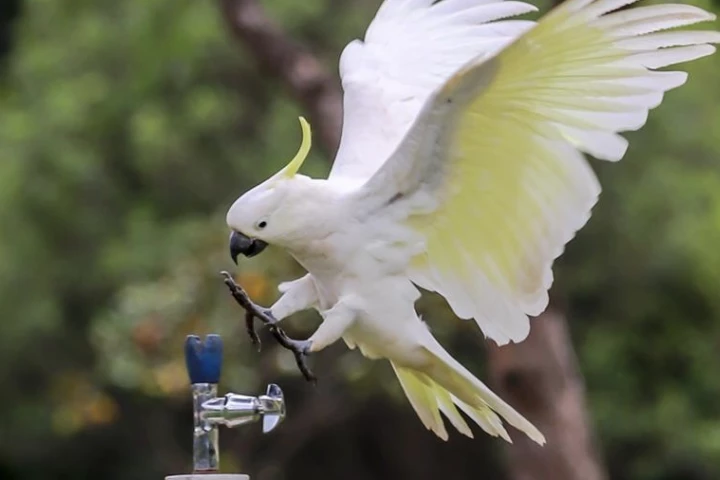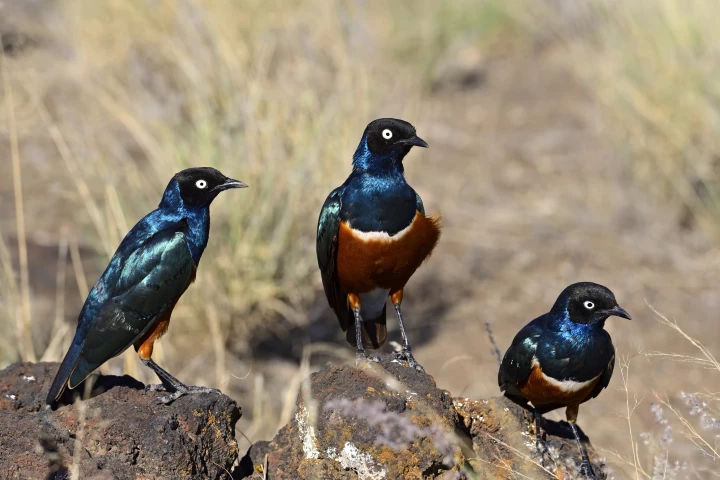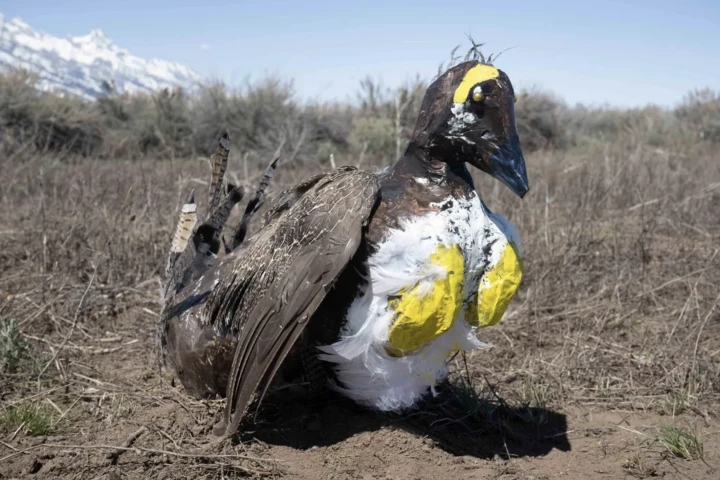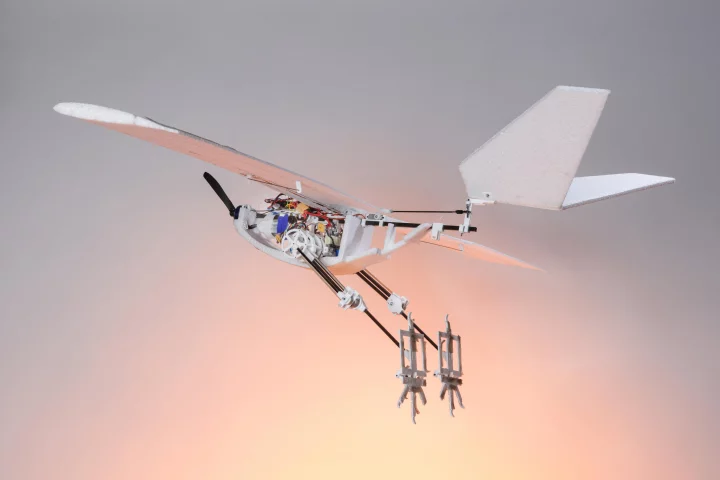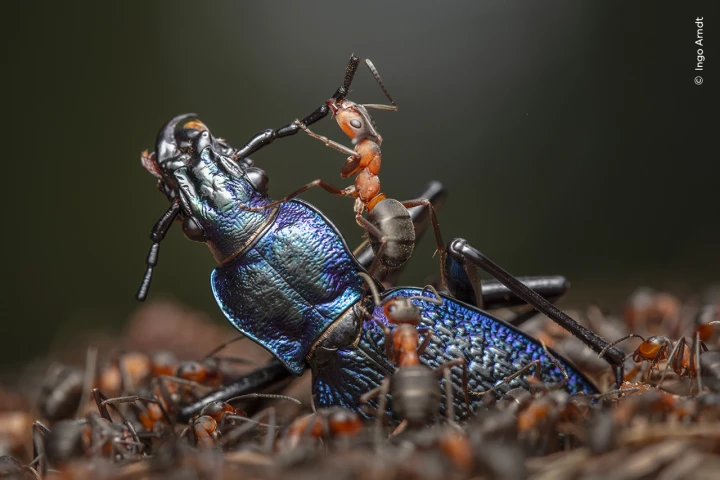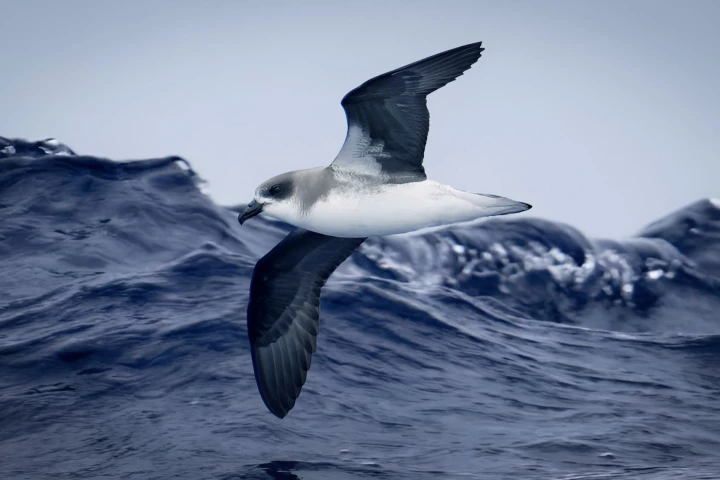Birds
-
If you, like us, were under the impression that two-legged dinosaurs were pacy beasts that could zip across the ground at around 40 mph, researchers have some bad news. A new study suggests they were much, much slower than previously thought.
-
In an impressive feat of urban adaptation, sulphur-crested cockatoos have worked out how to use their feet and their large bodies to twist the taps of drinking fountains. And much like another of their moves, they're learning to do this en masse.
-
A new study with 20-years of field data has discovered that the African superb starling forms mixed-kin groups with up to 60 members. These findings offer some of the first direct evidence of human-like friendship behavior in animals.
-
Life-sized papier-mâché birds are popping up in Wyoming's Grand Teton National Park, and they're quite a sight. By this we mean a sight you wouldn't want to see on a night hike. But there's more to these greater sage-grouse models than meets the eye.
-
If yours is one of the almost six million US households that has a resident bird, you'll know that these big personalities are wonderful pets, but they can make a whole lot of mess. This automated luxury smart home takes care of that – and more.
-
While autonomous flying robots have some intriguing potential applications, their usefulness is limited if they can't move across uneven terrain once they land. A new bio-inspired bot can do so, however, by mimicking the gait of the raven.
-
Whether you're an avid birder or a casual watcher of feathered friends in the garden, this high-tech, AI-assisted station is a next-level backyard playground for locals. However, you might end up with a whole lot of new visitors once word gets out.
-
For the 60th year in a row, the Natural History Museum of London has held its Wildlife Photographer of the Year awards. And for the 60th year in a row, the images are guaranteed to stir your love of the natural world and the animals that live in it.
-
A daredevil seabird species has learnt to harness the insane power of hurricanes, seeking out storms over the ocean to 'ride' them for their own benefit. It's the first time this behavior has been observed, and now has scientists wondering if it's far more widespread in the avian world.
-
Celebrating the wonderful, weird world of avian life, the Audubon Photography Awards once again celebrates the professional, amateur and junior nature enthusiasts who have captured special glimpses of birds being birds that most of us never witness.
-
Geese have a reputation for being aggressive birds, so imagine one that’s more than 6.6 ft tall and weighs about 507 lb. That’s Genyornis newtoni, an Ice Age “thunder bird” from Australia, for which scientists have now found the first complete skull.
-
Researchers have tracked muscle contractions in a bird's vocal tract, and reconstructed the song it was silently singing in its sleep. The resulting audio is a very specific call, allowing the team to figure out what the bird's dream was about.
Load More

